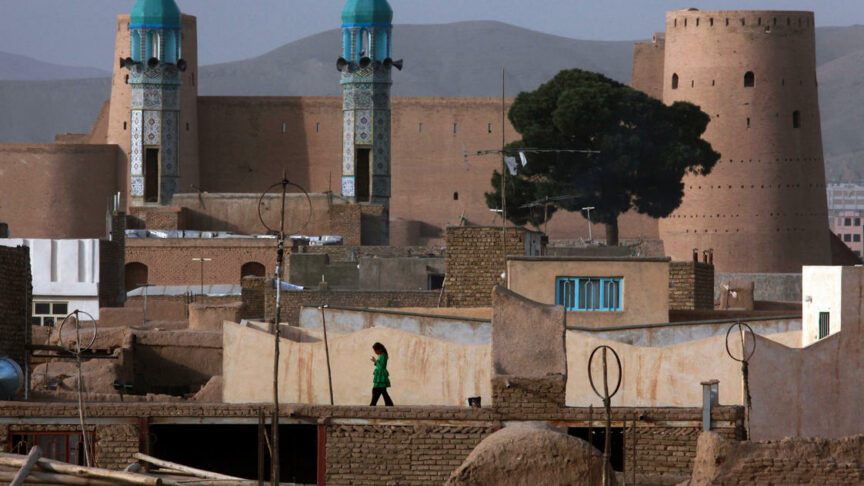
After the withdrawal: China’s interests in Afghanistan
ECFR’s Janka Oertel and Andrew Small discuss China’s attitude towards the NATO withdrawal from Afghanistan

ECFR’s Janka Oertel and Andrew Small discuss China’s attitude towards the NATO withdrawal from Afghanistan
Should peace talks succeed, Europeans and other international partners will need to demonstrate staying power in times of peace as well as war
Before withdrawing alongside the US by the end of 2016, Europeans should explore whether and how far China's recent involvement in Afghanistan can complement European efforts.
Waging even one war and winning it is complicated enough. Not to mention waging three different wars and winning them. This is what faces the international forces in Afghanistan. (In English and Spanish)
If the EU wants to be a credible promoter of democracy, it needs to highlight the achievement of holding elections in Afghanistan, rather than dwell too long on the undoubted imperfections. Many Afghans are taking part in the elections despite the danger of violence and concerns about corruption, and the polls are not just being imposed by the outside world.
The Afghan experience will leave Europe?s armed forces drained and in search of a new purpose. Insufficient political will and empty state coffers will hamper rejuvenation
The international community needs to get serious about helping Afghanistan and stop rewarding human rights abuses
Destroying the poppy fields hasn’t worked. The US should focus on long-term development to solve Afghanistan’s drug problem.
A new US president will want to see a significant enhancement of the European effort in Afghanistan. The issue is likely to be viewed in Washington as a litmus test of whether Europeans should be taken seriously as strategic partners.
With Afghanistan’s reconstruction on the brink, what could the EU and U.S ask Beijing to do?